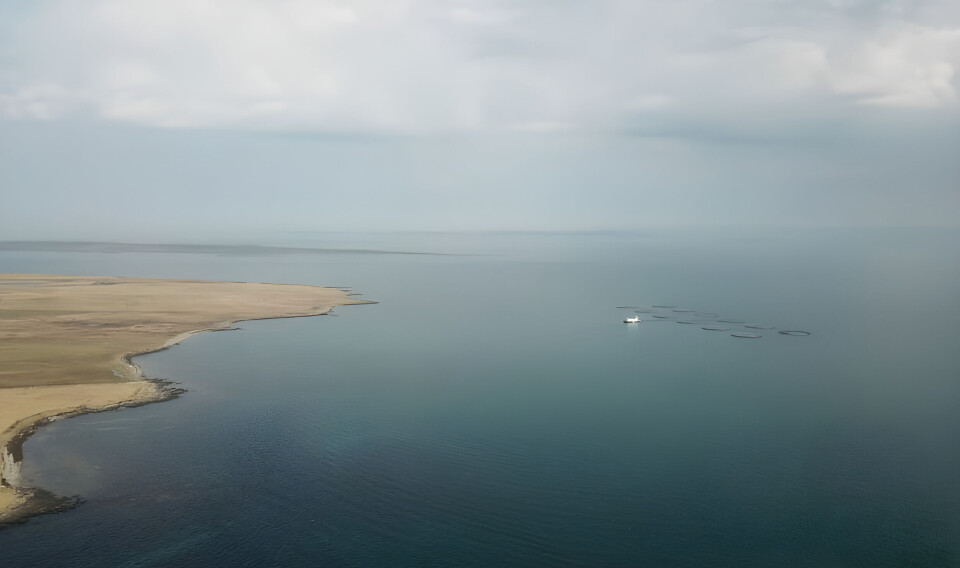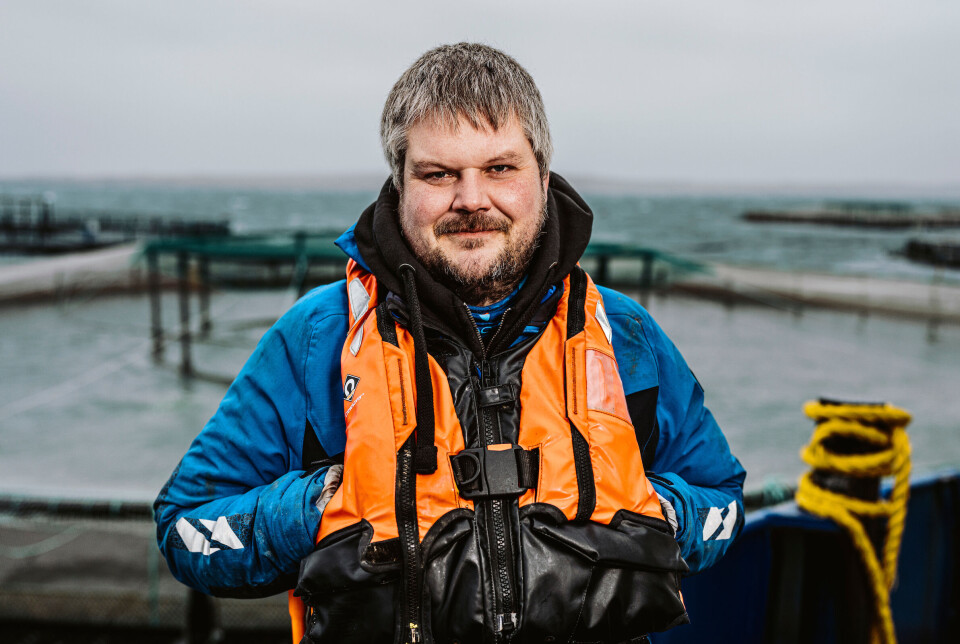
Salmon farmer goes wireless on Wyre
Link enables remote control at site that lost around 40 days of feeding on previous cycle
A Scottish salmon farmer has solved a problem at one of its most remote sites by establishing an elaborate internet connection that involves relaying a signal off antennae and through a fibre link.
The solution by Scottish Sea Farms’ in-house IT team means the company now operates remote feeding at Wyre, its second most remote Orkney farm, after nearby Eday.
Wyre had among the highest number of lost feeding days, resulting in slower growth of the fish and reduced margins for SSF, reports the company’s newsletter, The Source.
A different approach
Previous attempts to connect the farm to the mainland feeding centre and enable fish to be fed during bad weather had not been successful.
“We tried in the past to connect the Wyre feed barge to the Shapinsay mast, which is 8-10km away, but it didn’t work out as hoped,” SSF’s IT operations and infrastructure lead Colin Kupris told The Source.
“This time, with the agreement of a local landowner, we made the connection as short as possible by installing a cabinet in a field on the island, with an antenna facing out to the barge.”

To provide another link from the Wyre relay site to beam the signal back to Kirkwall, the IT team placed a second antenna on Hammars Hill wind farm, on the mainland to the west of Wyre, with assistance from Cloudnet, the key communications supplier in Orkney.
They also then had to put in a third link, from the wind farm to Keelylang Hill, from where BT has installed a fibre connection to the Kirkwall base.
“Often, the best places to grow fish can be the hardest places to operate the technology,” Wyre farm manager James Lennie told The Source. “Wyre is known for producing big, healthy fish but during the last generation, for example, around 40 days’ feeding were lost due to bad weather.
“Autumn 2023 was particularly challenging with as many as two feeding days lost a week but thanks to the new system, we’re now able to feed every day.
“As the company continues to move to higher energy, more exposed and more remote locations for better biology, we’re going to have to rise to exactly these kinds of challenges.”























































